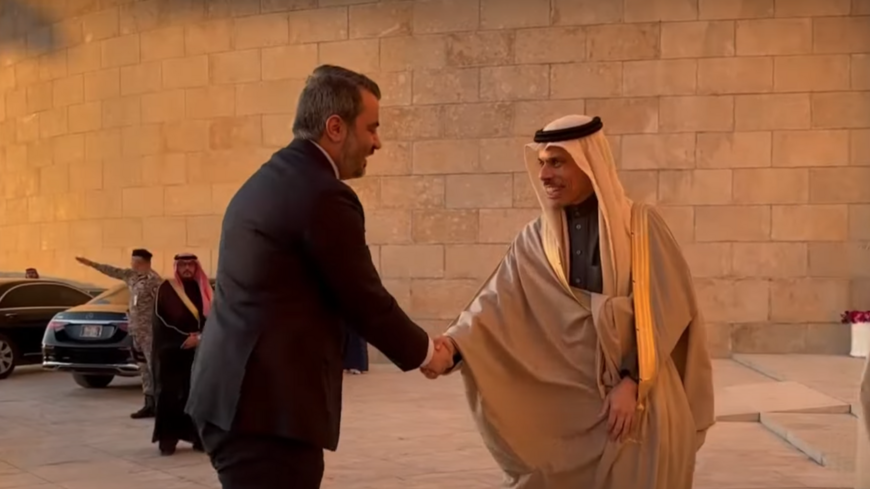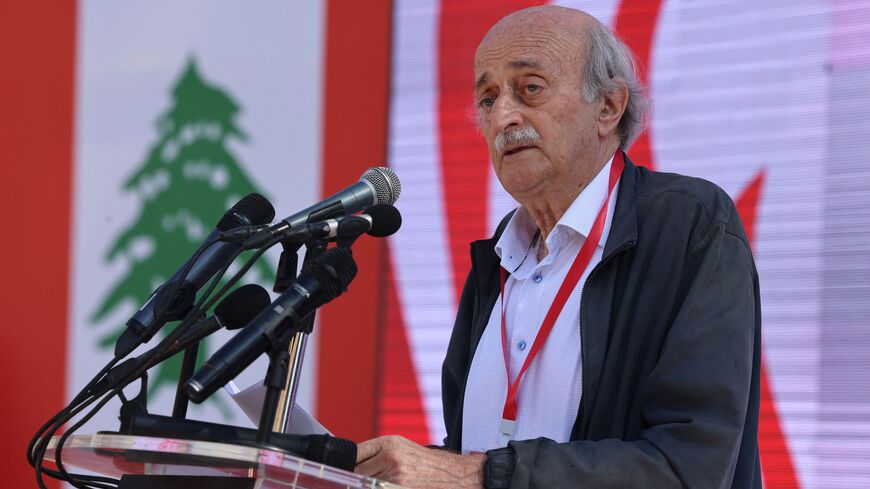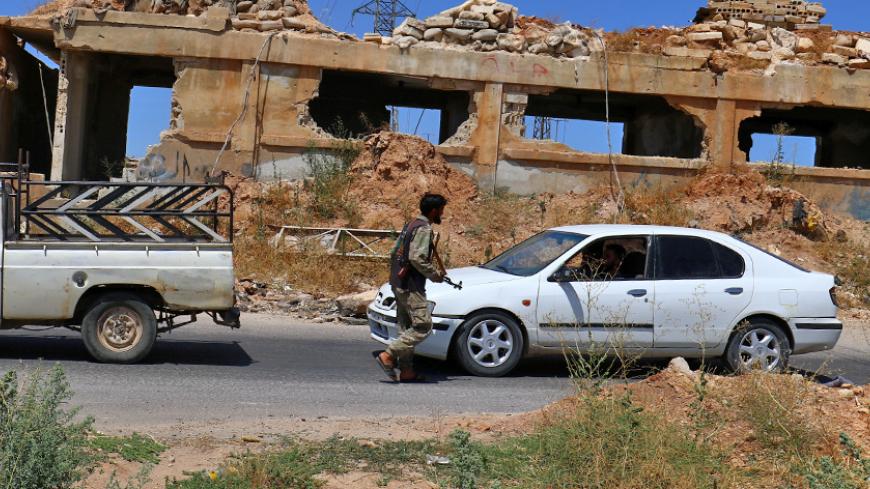Qatar to reopen embassy in Syria after 13 years
Doha is looking to engage with the Islamist-led government in Syria after severing relations 13 years ago over deposed President Bashar al-Assad's brutal crackdown.

DUBAI — Qatar said on Wednesday it would reopen its embassy in Syria, three days after the fall of the Bashar al-Assad regime.
The embassy would reopen once "necessary arrangements are completed," Majed al-Ansari, spokesperson for the Qatari Foreign Ministry and an adviser to the prime minister, told the state news agency QNA.
The government did not give a timeline but said the move is intended to show "steadfast support for the brotherly Syrian people, who are striving to build their state on the foundations of justice, peace, stability and prosperity."
Doha severed diplomatic relations with Damascus in 2011 and shuttered its embassy following the start of the Syrian civil war. Unlike its Gulf neighbors Saudi Arabia and the United Arab Emirates, Qatar has not restored relations with the Assad regime.
The Assad government accused Qatar of backing Islamist groups including the former al-Qaeda affiliate Jabhat al-Nusra, which broke ties with al-Qaeda in 2016 and rebranded into the Hayat Tahrir al-Sham rebel group a year later. HTS deposed Assad on Sunday.
Speaking to reporters in Doha Friday, Ansari stressed that Qatar had no contact with the Assad regime.
"We would like to see Syrian people enabled to create the future of Syria, asking help from whomever can provide it, and be dealt with in good faith," Ansari told reporters on Saturday. "And this is what we are doing from our end, and we hope that everybody follows it," he added.
Ansari noted in his briefing that he was aware of the threat of radical Islamist groups, saying, "Obviously we need to work together" on the matter.
He also noted that it was time to "engage them, to listen to them, to work with them, and to see if they can be a force for good," adding, "We shouldn't deal with them with preconceived notion that they cannot be reformed."








